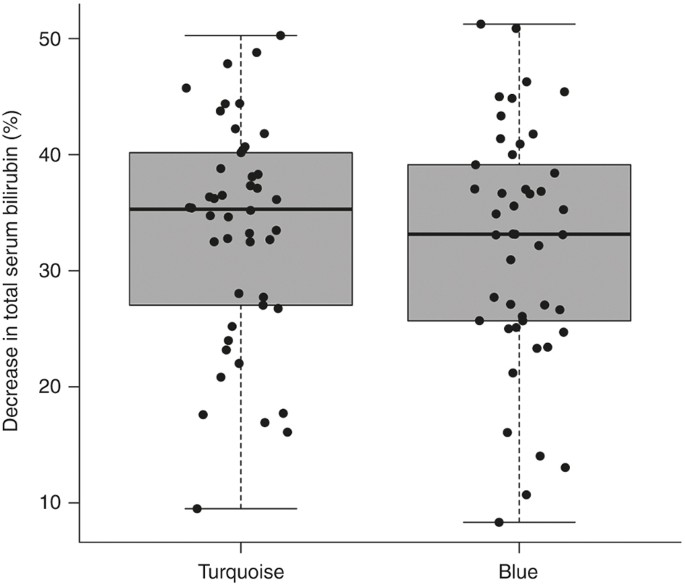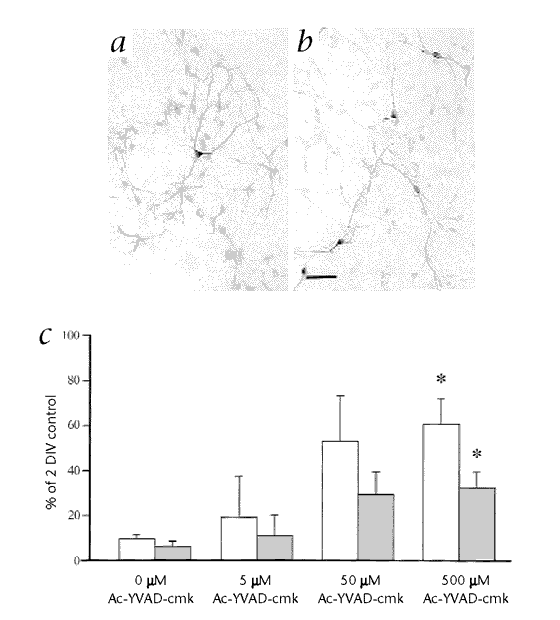
- Select a language for the TTS:
- UK English Female
- UK English Male
- US English Female
- US English Male
- Australian Female
- Australian Male
- Language selected: (auto detect) - EN
Play all audios:
Businessman with crystal ball Fredrik Skold | The Image Bank | Getty Images With a month left in 2011 and—barring a miracle—bank stocks headed for a negative year, Dick Bove is admitting he
was wrong. The widely followed Rochdale Securities analyst has been telling investors for a good portion of the year that banks have recovered from the financial crisis and are in much
better shape than they were three years ago. Investors, though, haven’t been biting. Heading into Monday’s aggressive rally, the Standard & Poor’s 500 financials were off 26.3 percent on
the year, and the KBW Bank Index had fallen 31 percent. For Bove—Rochdale’s vice president of equity research—the decline has been a maddening ride spurred not by bank fundamentals but
rather by investors’ belief that no matter how good the earnings look or how loans are performing or where capital levels stand, investor worry over bigger factors takes precedence. “The
macro factor will continue to be more important than the micro factors,” Bove conceded over the weekend in a moderate mea culpa to investors. “On periods like this analysts, like me, who
rely on traditional parameters like company results and historic relationships between interest rates and earnings yields, are going to have a tough time.” In essence, Bove argues that he
was wrong for the right reasons. Liquidity, capital, loan performance, revenue, profits—all the metrics by which one would traditionally analyze banks—look good. But worries over the world’s
debt crises, particularly in Europe and the U.S., are making risk-averse investors unwilling to buy the banks in Bove’s coverage universe. “The divergence between the economic and financial
fundamentals, on the one hand, and the stock prices, on the other, reflects a change in risk assumptions,” he wrote. “For multiple reasons, investors keep demanding a higher and higher risk
premium on common stock investments, in general, and in bank stocks, in particular.” Boiling down what he got wrong this year, Bove said: “I failed to understand that the fears in the
market concerning banking were so great that the fundamental improvements in the economy, the industry, and companies like Bank of America and Citigroup would simply be ignored.” Still, Bove
believes that an improving economy and—in his view—the European crisis actually benefiting rather than harming U.S. banks will justify his optimistic outlook that persists for 2012, even if
he’s been dead wrong so far. “Bank stocks are being driven by fear despite the significant improvement in the industry and individual company fundamentals. Presumably, at some point, fear
will either be realized or dissipate,” he told clients. “My assumption is that it will dissipate. At this point, the industry’s fundamentals will drive bank stock prices higher. This was my
view at the beginning of 2011 and it is my view at present.” _Questions? Comments? Email us at _ _FOLLOW JEFF @ TWITTER.COM/JEFFCOXCNBCCOM_ _FOLLOW NETNET ON TWITTER @ TWITTER.COM/CNBCNETNET
_ _FACEBOOK US @ WWW.FACEBOOK.COM/NETNETCNBC _









